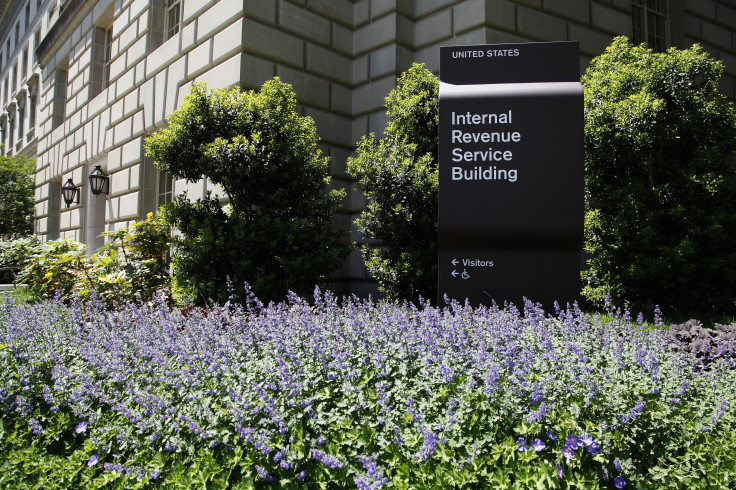IRS Paid $3.6B In Tax Refunds To Identity Thieves, Down From $5.2B In The Previous Year

The Internal Revenue Service, or IRS, refunded about $3.6 billion in the 2011 tax year to people claiming fraudulent refunds under false identities, and about $1.9 million of those refunds were sent to addresses in Bulgaria, Lithuania, Ireland, China and Canada, according to a report from the office of the Treasury Inspector General for Tax Administration, or TIGTA, released to the public on Thursday.
Of the 1.2 million fraudulent claims that went undetected by the IRS, 1.1 million, or 93 percent, came from electronic filings of tax returns according to the review, which added that the agency’s efforts to reduce fraudulent refunds reduced undetected returns by $1.6 billion from the $5.2 billion reported in the previous year's review.
“Identity theft is a growing epidemic, and I continue to be troubled by the lengthy case processing delays and tax account errors experienced by victims of tax-related identity theft,” J. Russell George, Treasury Inspector General for Tax Administration, said in a statement.
The IRS refunded $220,489 in 655 refunds to a single address in Kaunas, Lithuania -- the address responsible for the most fraudulent claims using a Social Security Number, or SSN.
A lone address in Lakewood, Colo., received $1 million in 355 tax refund claims, which was the maximum amount of undetected tax refunds issued to a single address, followed by an address in Orlando, Fla., which received $870,253 in fraudulent refunds. One of the top five addresses that were used to file fraudulent returns was in Shanghai, China, and received $156,533 in refunds under 343 claims.
An address in Milwaukee, Wis., received $858,981, which was the maximum amount of refunds earned with fraudulent tax returns filed using the Individual Taxpayer Identification Number, or ITIN.
The top five cities in the U.S., which claimed undetected tax returns using a SSN -- according to mailing address records -- were Miami, Chicago, Detroit, Atlanta and Houston, while most of the fraudulent ITIN-linked returns were traced back to Los Angeles, Las Vegas, Houston, Chicago and Phoenix.
“The IRS uses characteristics of confirmed identity theft cases to build filters to identify other fraudulent tax returns,” the TIGTA report said. “The IRS’s success at identifying fraudulent tax returns and preventing the issuance of fraudulent tax refunds continues to increase with the expansion of these filters.”
For the 2013 filing season, taxpayers are required to provide additional personally-identifiable information, including the address, but all these safeguards could be circumvented and the IRS has not adopted commonly used methods, including asking a security challenge question to authenticate filers, the report said.
In February, the IRS announced that it had arrested 389 identity theft suspects in 32 states as part of a clampdown on tax refund fraud.
© Copyright IBTimes 2024. All rights reserved.





















